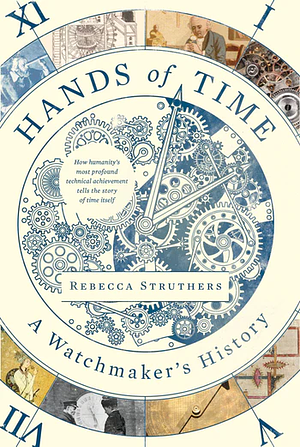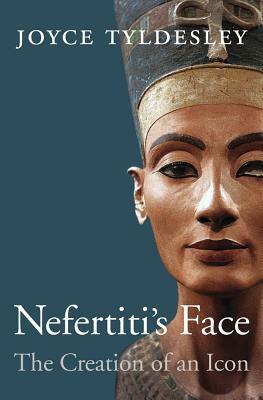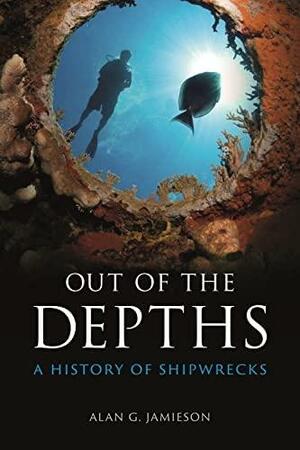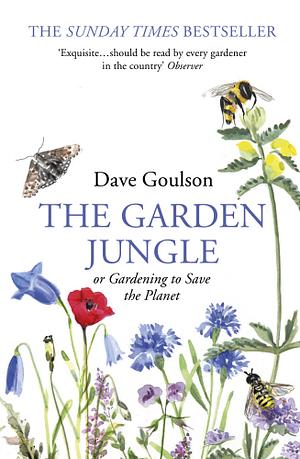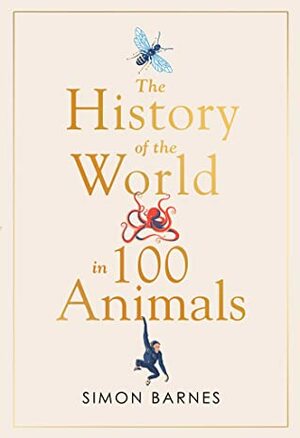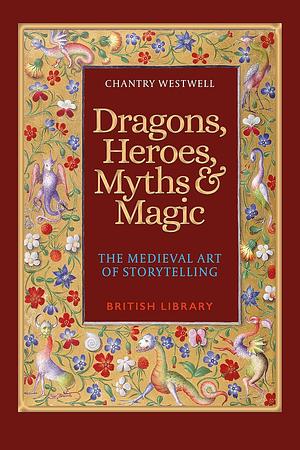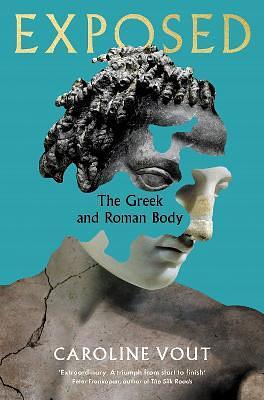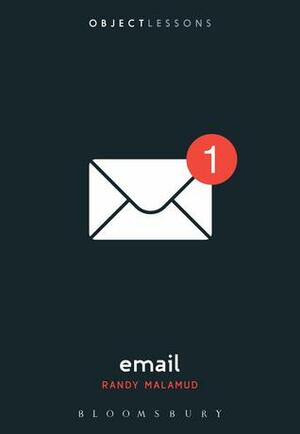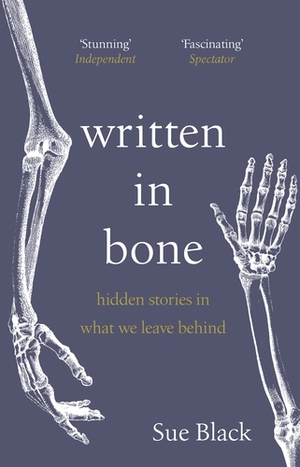
Written in Bone: Hidden Stories in What We Leave Behind
by Sue Black
Genres: Non-fiction, SciencePages: 360
Rating:

Synopsis:Our bones are the silent witnesses to the lives we lead. Our stories are marbled into their marrow.
Drawing upon her years of research and a wealth of remarkable experience, the world-renowned forensic anthropologist Professor Dame Sue Black takes us on a journey of revelation. From skull to feet, via the face, spine, chest, arms, hands, pelvis and legs, she shows that each part of us has a tale to tell. What we eat, where we go, everything we do leaves a trace, a message that waits patiently for months, years, sometimes centuries, until a forensic anthropologist is called upon to decipher it.
Some of this information is easily understood, some holds its secrets tight and needs scientific cajoling to be released. But by carefully piecing together the evidence, the facts of a life can be rebuilt. Limb by limb, case by case – some criminal, some historical, some unaccountably bizarre – Sue Black reconstructs with intimate sensitivity and compassion the hidden stories in what we leave behind.
Sue Black’s Written in Bone is, unsurprisingly, all about bones — the things bones can tell us, even when we lack any other evidence of someone’s life. It covers the effects of injuries, congenital differences, causes of death, post-mortem traumas, and the way someone has lived their life, illustrated with examples of cases Black has dealt with.
It’s worth realising going in that some of those are pretty harrowing: there are clinical but nonetheless thorough descriptions of horrific violence and the damage it can cause, reconstructing the series of attacks during a deadly assault. Black also worked on identifying paedophiles from their characteristics in images and film (though the acts in these films and images are mercifully not described). She also describes her own rape, when she was young. She has a distance from it, at least in the telling, but overall if this is something you’d find very difficult, I’d recommend not reading this (or skipping that chapter).
It’s a fascinating way to think about the body, to imagine what things might be written into my bones. At times it’s discomforting, because the violence described is very vivid, literally blow-by-blow of whole assaults and murders. But Sue Black writes with compassion for victims and a careful clinical distance, so I found it relatively easy to just focus on the mechanics of the thing and not on the horror, and understand Black’s points.
Rating: 4/5

